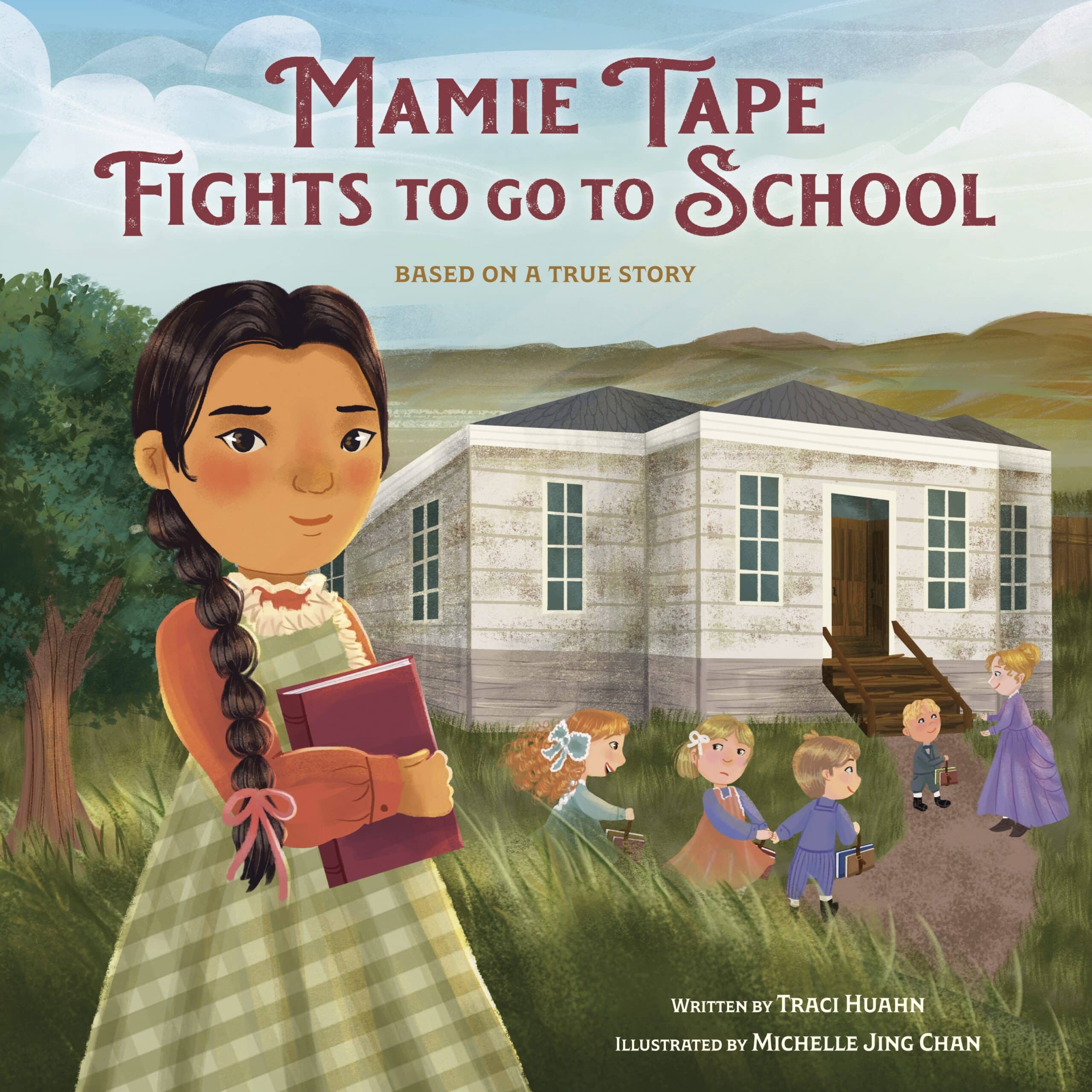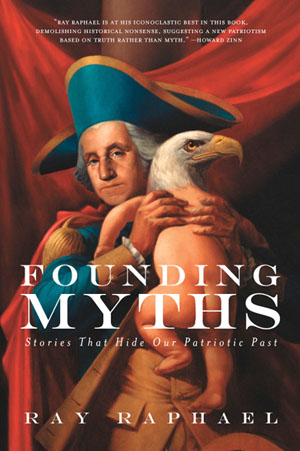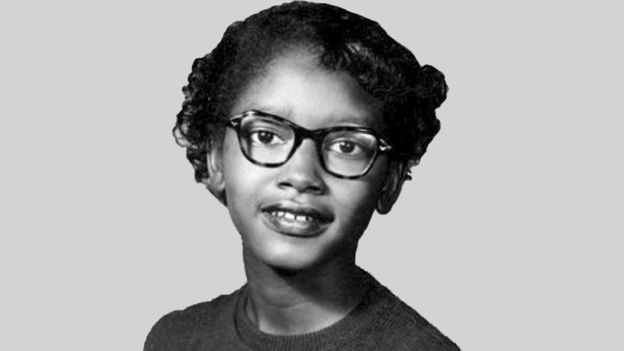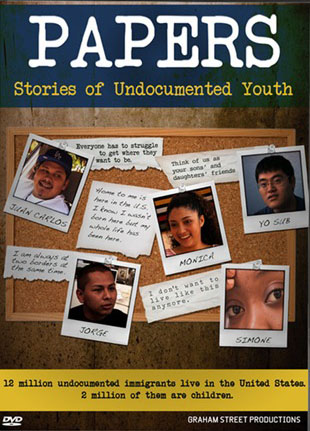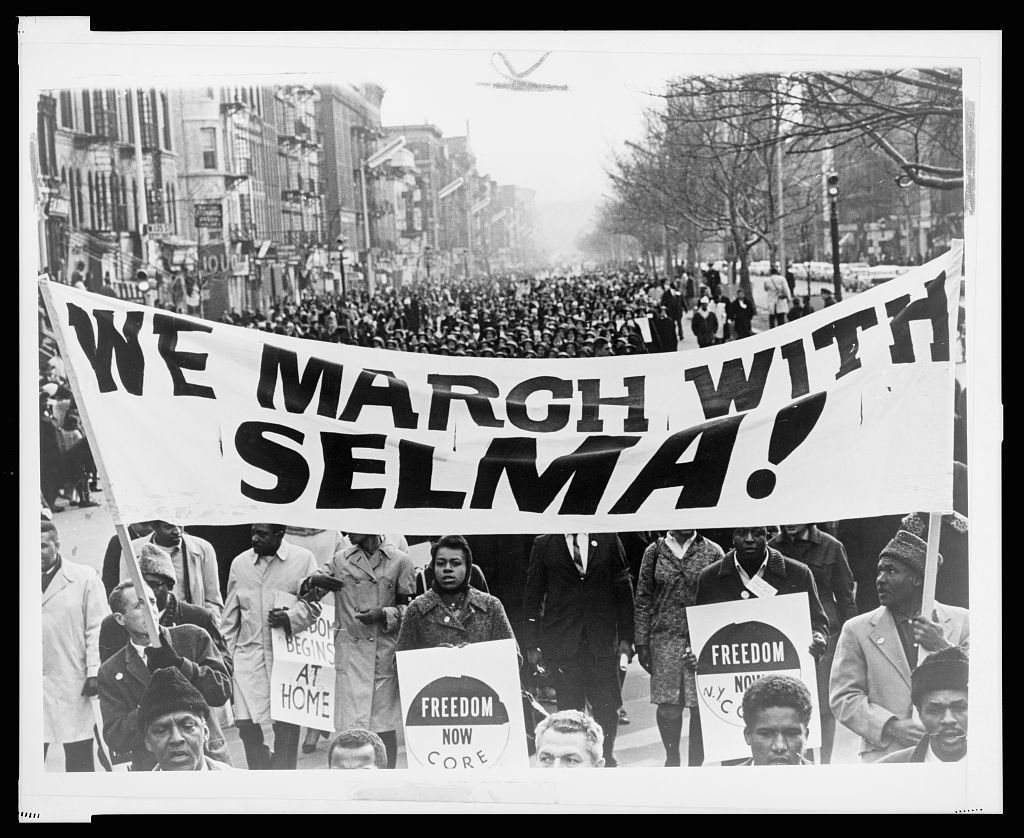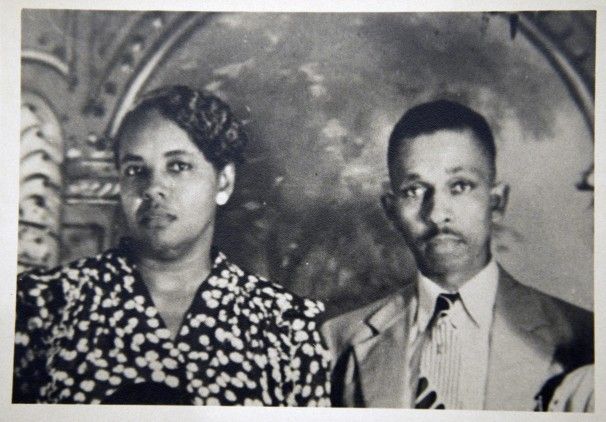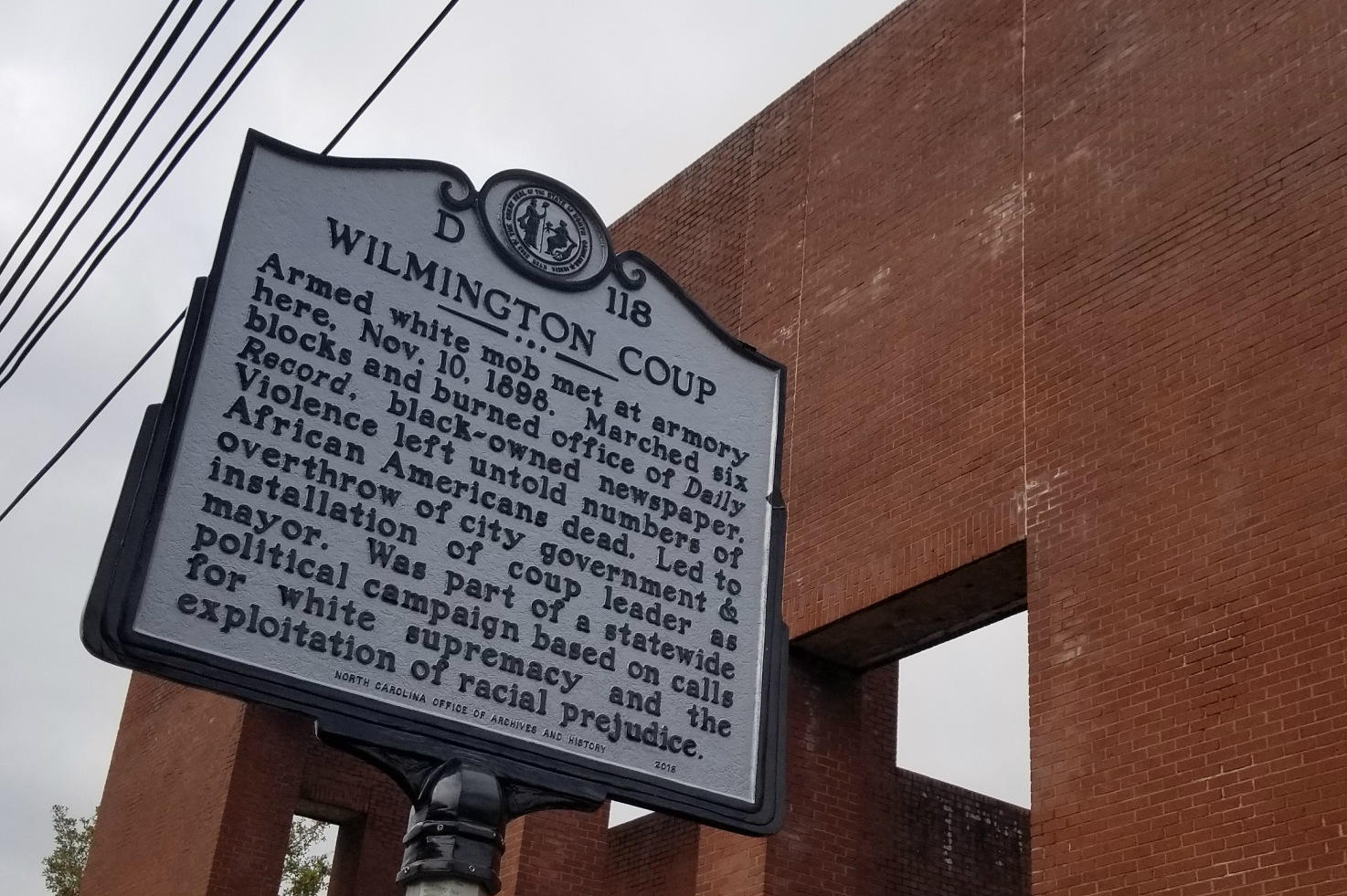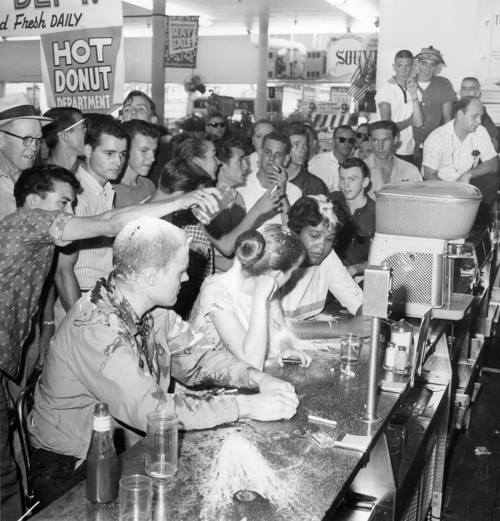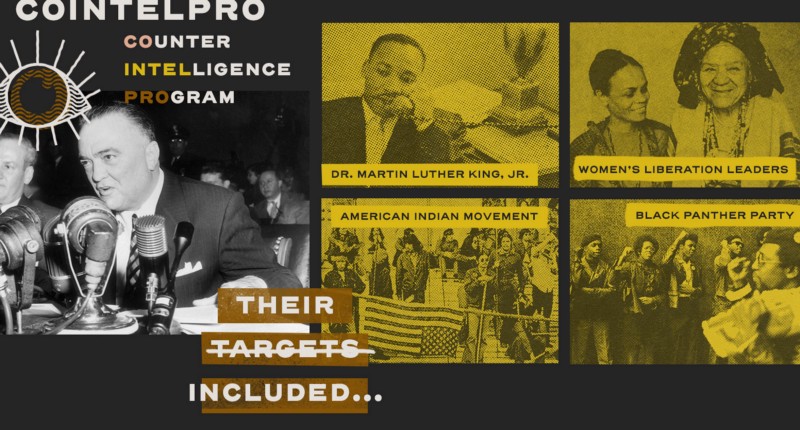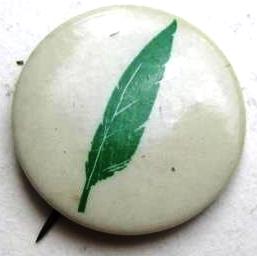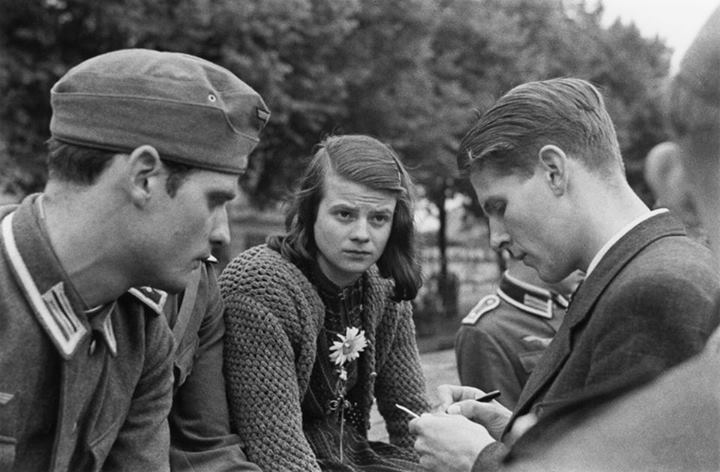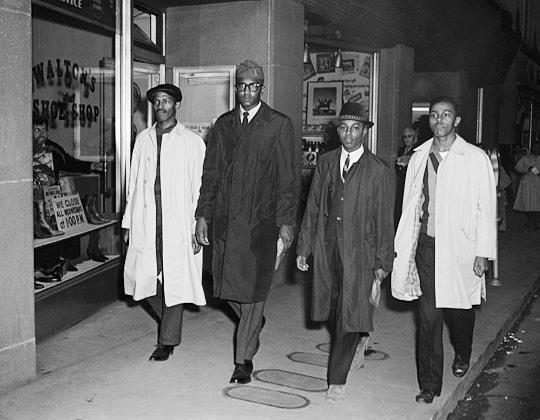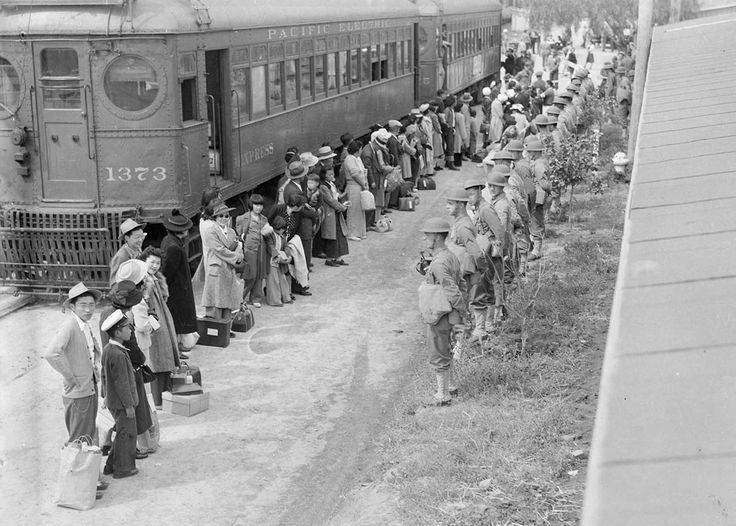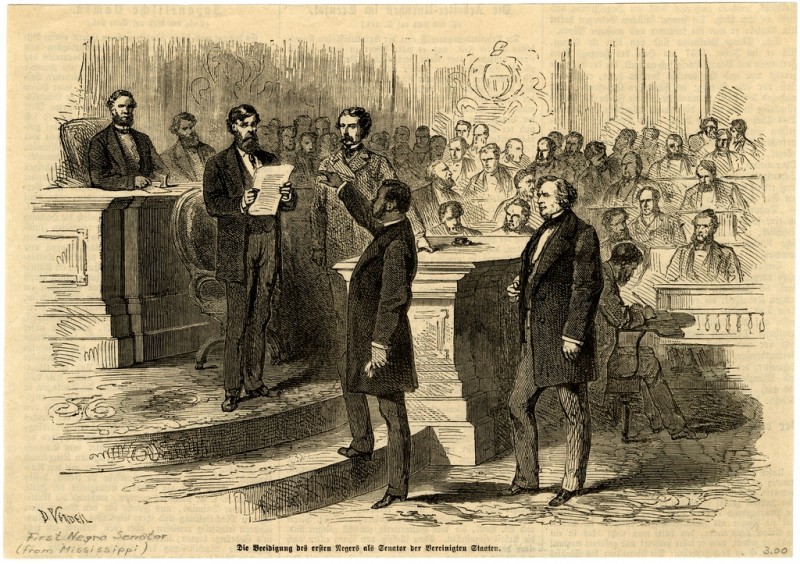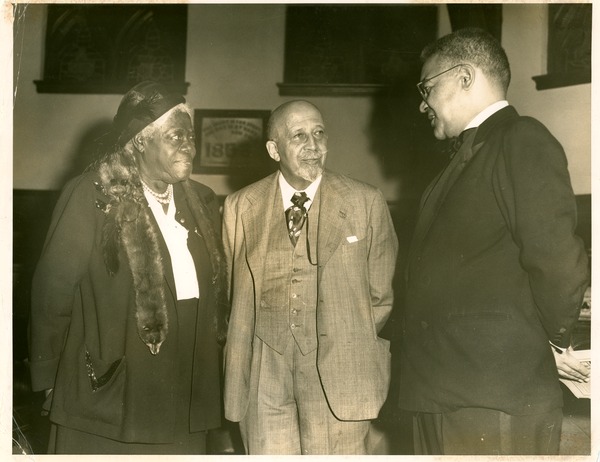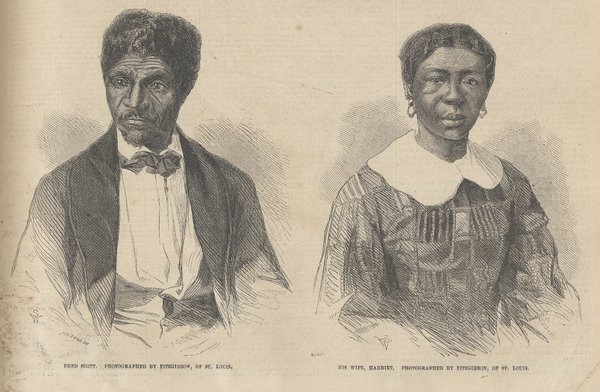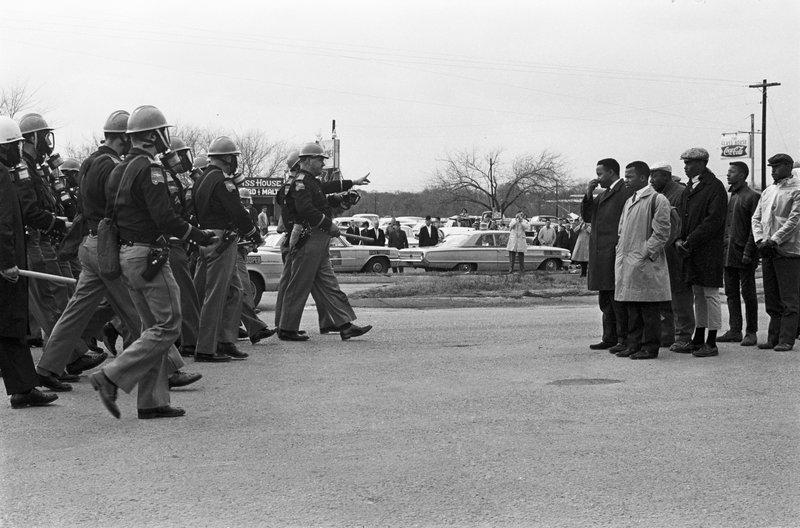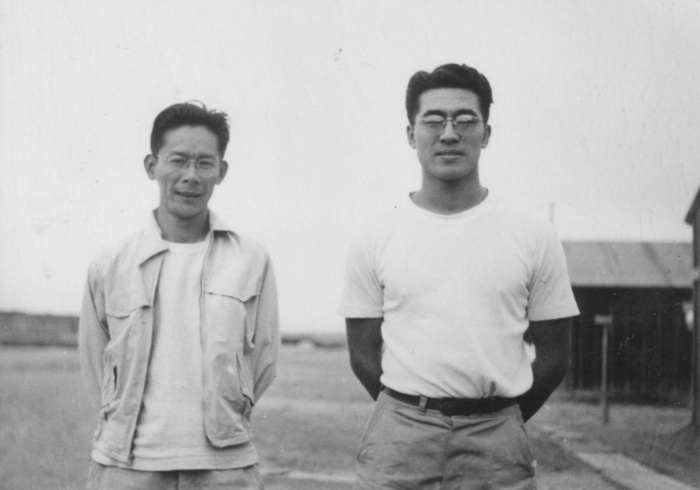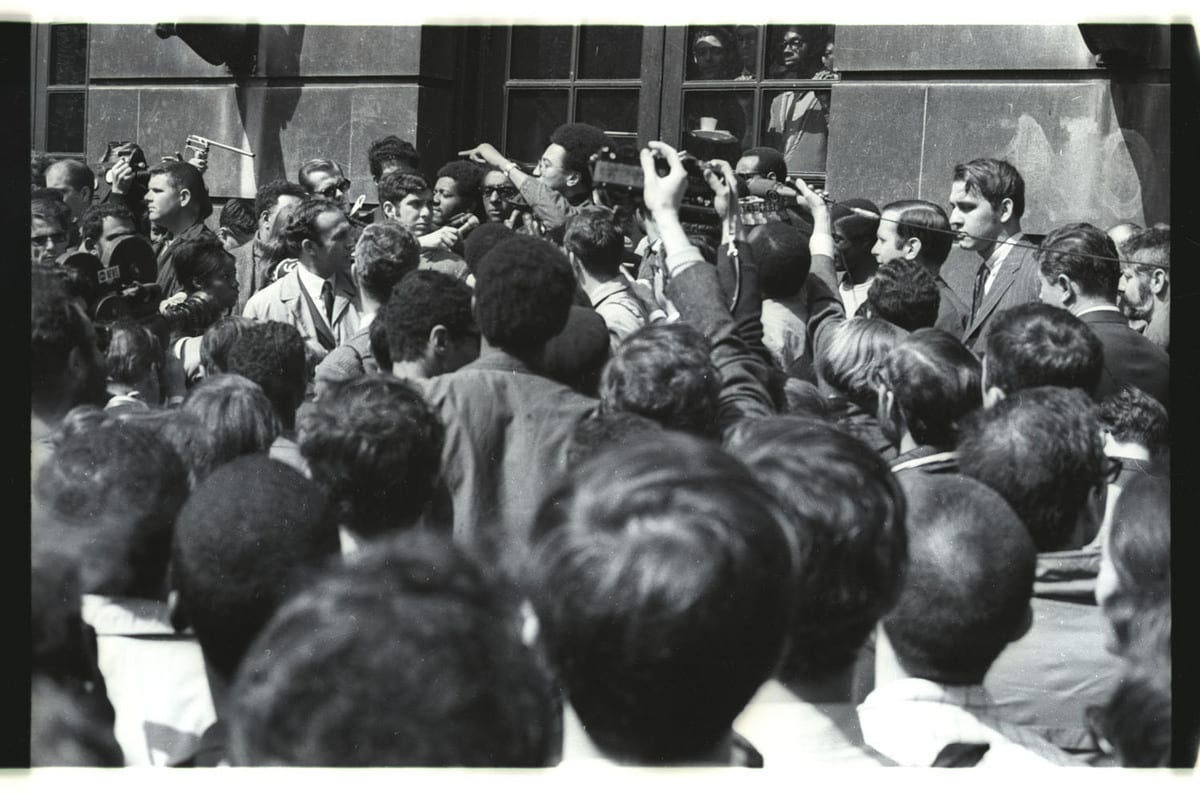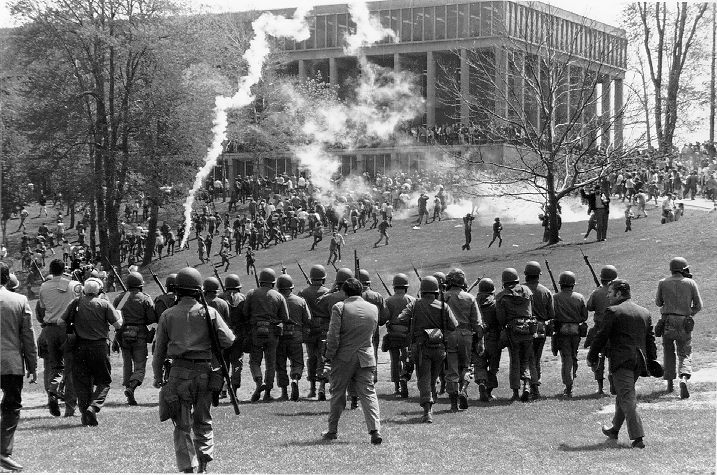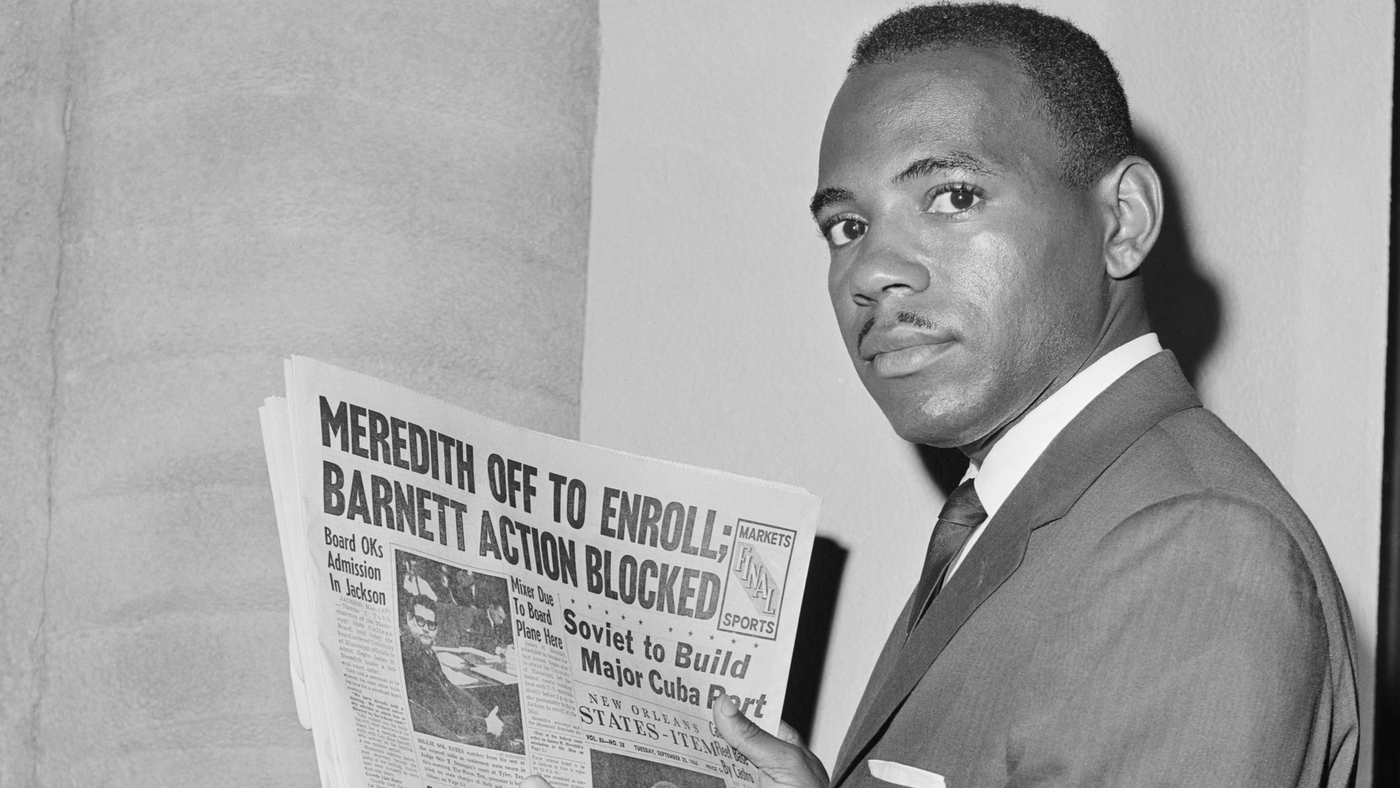Picture book. Written by Traci Huahn and illustrated by Michelle Jing Chan. 2024. 40 pages.
This picture book tells the true story of a fight for access to public education by an 8-year-old Chinese-American girl, Mamie Tape, and her parents.
Continue reading
Picture book. By María Dolores Águila and illustrated by Magdalena Mora. 2024. 40 pages.
The true story of how community members organized a massive protest in 1970, forcing the city council to change its plans.
Continue reading
Book — Non-fiction. By Peter Linebaugh and Marcus Rediker. 2013. 448 pages.
A sweeping history of the role of the dispossessed in the making of the modern world.
Continue reading
The Supreme Court determined that the government could not infringe upon the First Amendment rights of corporations to spend unlimited funds on electoral campaigns.
Continue reading
Book — Non-fiction. By Ray Raphael. 2014. 420 pages.
Myths and the reasons that they have come to replace the real stories of the Revolutionary period.
Continue reading
Film. Directed by Francine Cavanaugh and Adams Wood. 2010. 81 minutes.
This film takes viewers on a gripping emotional journey into a community surrounded by a looming toxic threat.
Continue reading
At age 15, Claudette Colvin refused to give up her bus seat to a white woman in Montgomery, Alabama.
Continue reading
Film. Graham Street Productions. 2009. 110 minutes.
The story of undocumented youth and the challenges they face as they turn 18 without legal status.
Continue reading
The Ku Klux Klan bombed the home of labor and voting rights activists Harry T. Moore and Harriette Moore — killing them both. Harriette Moore taught elementary school, secretly teaching her students Black history in the face of bans by the state superintendent.
Continue reading
The elected and interracial Reconstruction era local government was deposed in a coup d’etat in Wilmington, North Carolina.
Continue reading
Students and faculty from Tougaloo College held a sit-in at the Woolworth’s lunch counter in Jackson, Mississippi.
Continue reading
A cab driver, a day care provider, and two professors broke into an FBI office in Media, Pennsylvania, and stole more than 1,000 classified documents.
Continue reading
Five students from Indiana University at Bloomington (IU) started the Green Feather Movement to protest censorship.
Continue reading
Student activists Sophie Scholl, Hans Scholl, and Christoph Probst were executed for urging students to rise up and overthrow the Nazi government.
Continue reading
Four African-American North Carolina A&T University students began a sit-in protest at a Woolworth’s whites-only lunch counter.
Continue reading
Executive Order 9066 issued by President Roosevelt authorized the incarceration (internment) of U.S. citizens of Japanese descent.
Continue reading
Hiram Revels was sworn into office as senator from Mississippi, becoming the first African American to serve in the U.S. Senate.
Continue reading
W. E. B. Du Bois, sociologist, historian, Pan-Africanist, author, and editor, was one of the most important scholars of the 20th century.
Continue reading
The Supreme Court declared in horrific Dred Scott v. Sandford ruling that “Any person descended from Africans, whether slave or free, is not a citizen of U.S.”
Continue reading
To protest the police murder of Jimmie Lee Jackson and for voting rights, more than 600 people began a peaceful march from Selma to Montgomery.
Continue reading
Frank S. Emi protested the draft during Japanese American incarceration and was interrogated.
Continue reading
Students for a Democratic Society, Student Afro-American Society and others began a nonviolent occupation of campus buildings at Columbia University.
Continue reading
During an anti-war protest at Kent State University, the Ohio National Guard shot unarmed college students, killing four. Students were also killed at Jackson State (May 15, 1970), and Orangeburg (February 8, 1968).
Continue reading
James Meredith attempted to register at the University of Mississippi.
Continue reading

